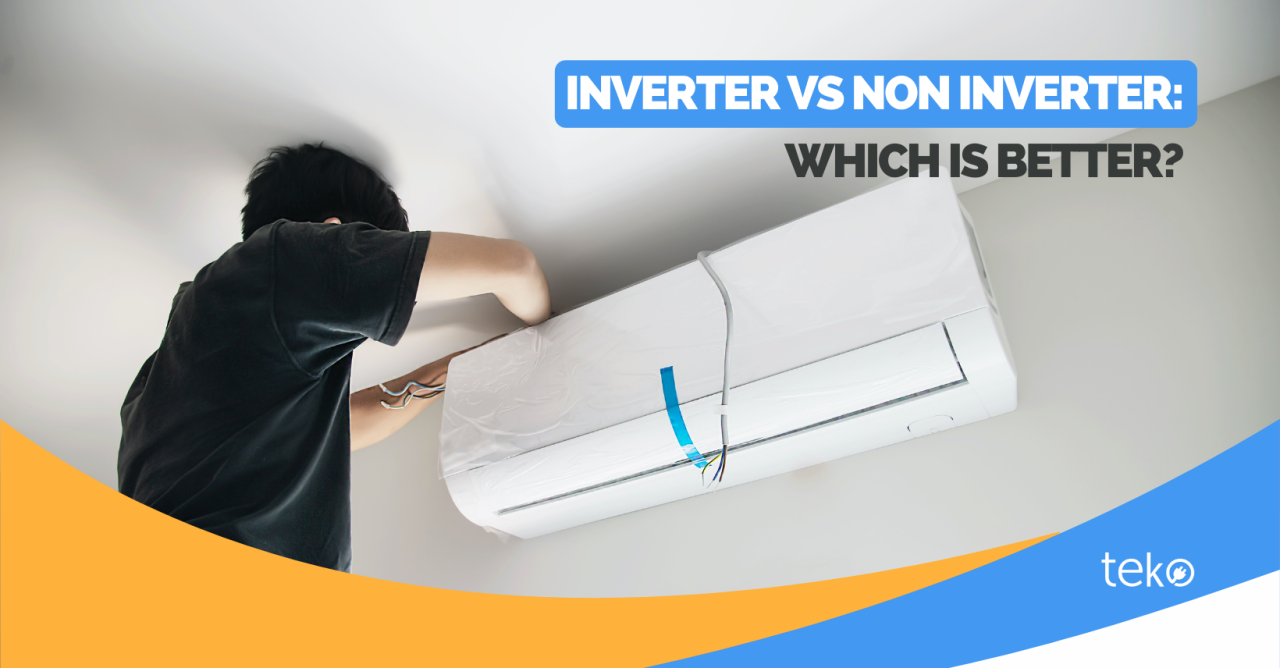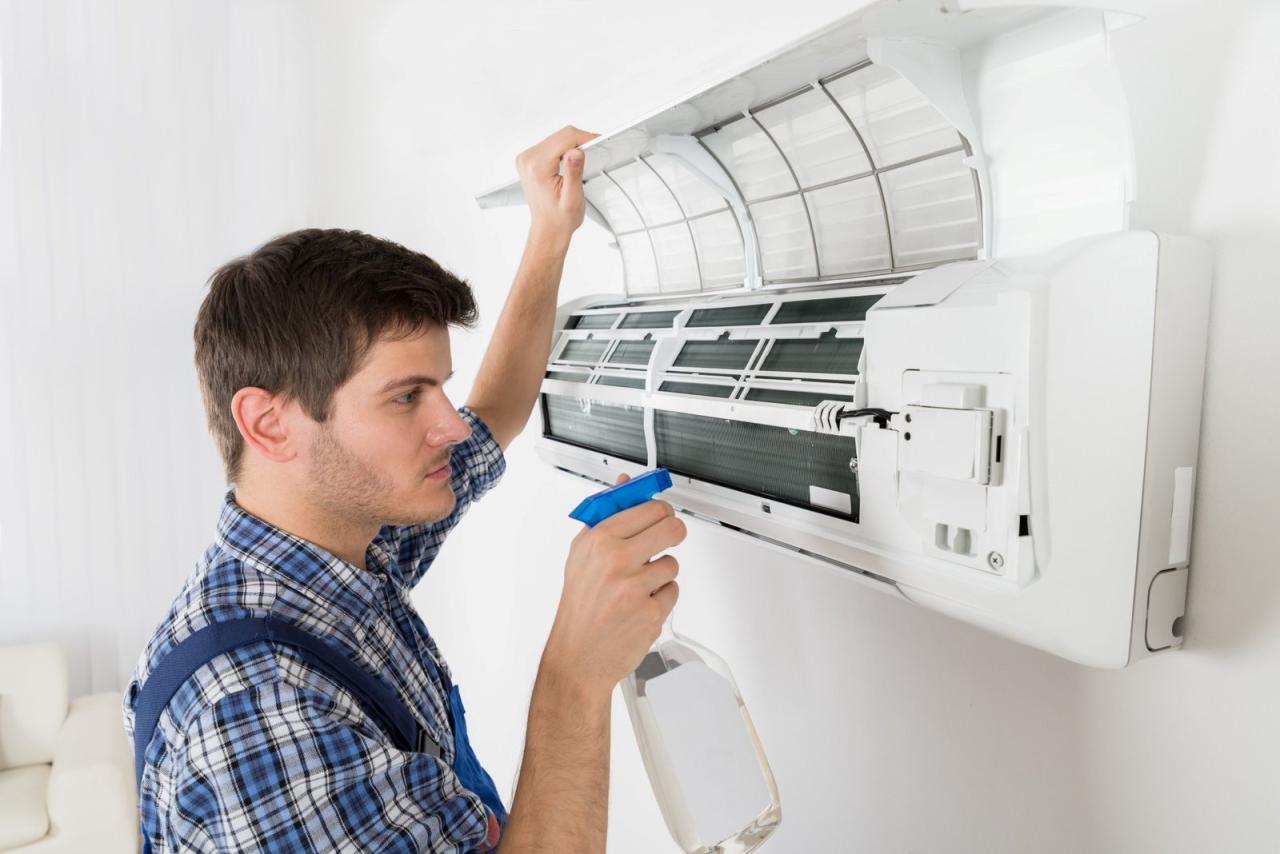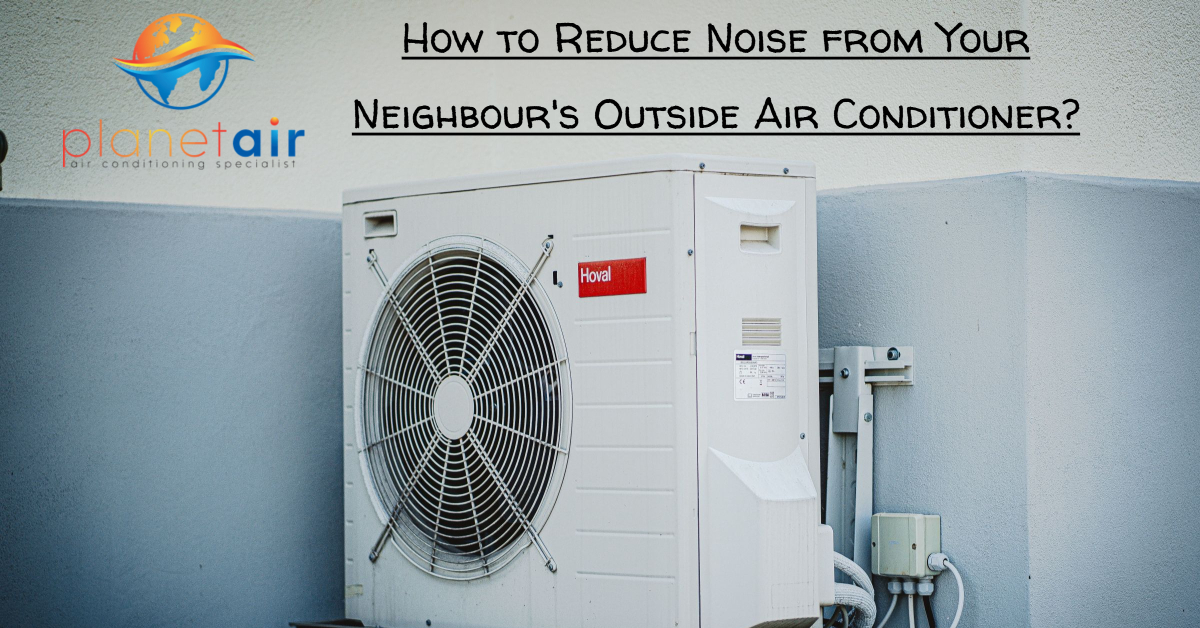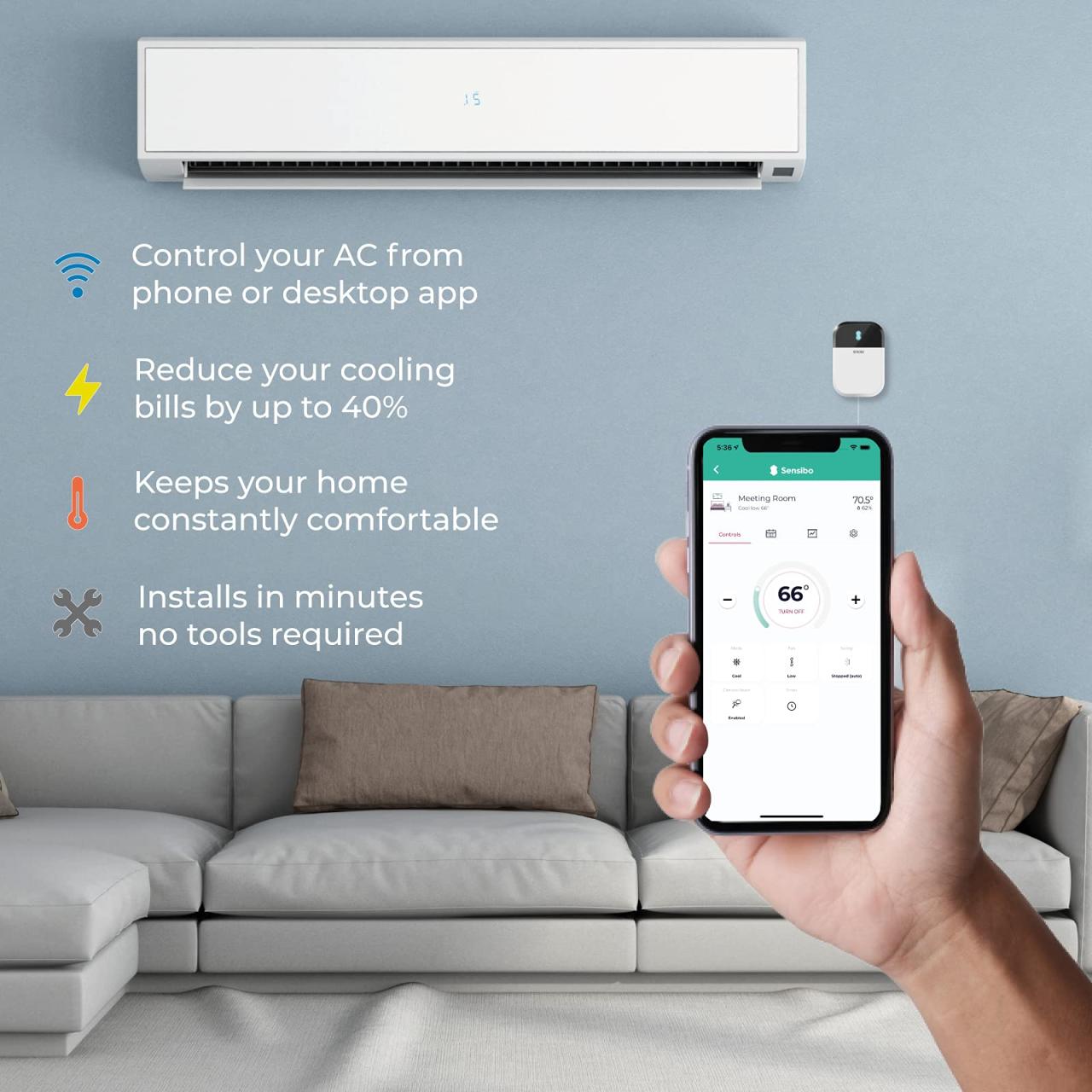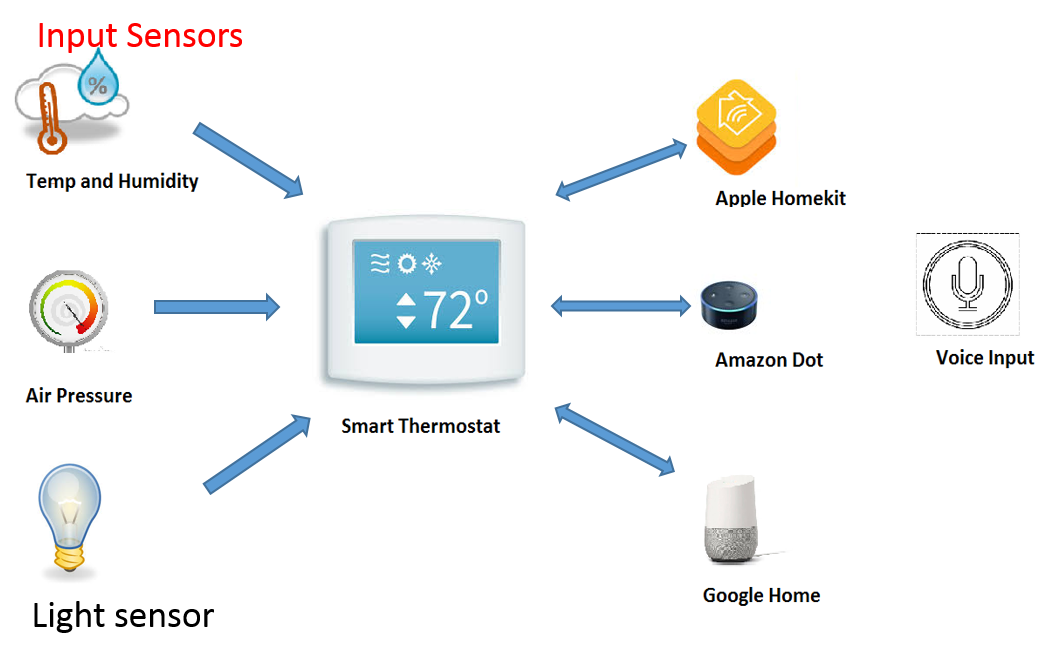Best energy-efficient air conditioners for 2025: A Guide to Sustainable Cooling Solutions
As Best energy-efficient air conditioners for 2025 takes center stage, this opening passage beckons readers with casual formal language style into a world crafted with good knowledge, ensuring a reading experience that is both absorbing and distinctly original.
In a world where energy efficiency is paramount, the quest for the best air conditioners continues to evolve. Let's delve into the realm of cutting-edge cooling solutions that promise both comfort and sustainability.
Introduction to Energy-Efficient Air Conditioners
Energy-efficient air conditioners are cooling systems designed to provide optimal comfort while minimizing energy consumption. These models are engineered to operate more efficiently than traditional air conditioners, resulting in reduced energy bills and environmental impact.
Importance of Energy Efficiency
Energy efficiency in air conditioners is crucial for several reasons. Firstly, it helps lower electricity consumption, resulting in cost savings for homeowners and businesses. Additionally, reduced energy usage contributes to a greener environment by decreasing carbon emissions and overall energy demand.
- Energy-efficient air conditioners help combat climate change by reducing greenhouse gas emissions.
- Lower energy consumption leads to decreased strain on power grids, improving overall system reliability.
- Cost savings on electricity bills make energy-efficient models a practical and eco-friendly choice for consumers.
Benefits of Using Energy-Efficient Models
Switching to energy-efficient air conditioners offers a range of benefits beyond just cost savings. These models provide superior performance, increased comfort, and long-term sustainability for both residential and commercial spaces.
- Enhanced cooling performance and temperature control ensure a comfortable indoor environment.
- Long-term durability and reliability of energy-efficient models result in reduced maintenance costs over time.
- Advanced features such as smart thermostats and programmable settings offer greater convenience and customization options for users.
Emerging Technologies in Air Conditioning

As the demand for energy-efficient air conditioners continues to rise, manufacturers are constantly developing new technologies to improve efficiency and reduce environmental impact.
Variable Refrigerant Flow (VRF) Systems
- VRF systems use advanced technology to vary the flow of refrigerant to indoor units based on cooling or heating needs.
- This results in significant energy savings compared to traditional systems that operate at a constant speed.
- By adjusting the refrigerant flow based on demand, VRF systems can maintain precise temperature control while consuming less energy.
Smart Thermostats and Controls
- Smart thermostats allow users to control their air conditioning systems remotely through a smartphone app or voice commands.
- These devices can learn users' preferences and adjust settings accordingly to optimize energy usage.
- By automatically adjusting temperatures based on occupancy and outdoor conditions, smart thermostats help reduce energy waste.
Solar-Powered Air Conditioners
- Solar-powered air conditioners utilize solar panels to generate electricity for cooling, reducing reliance on the grid.
- These systems can operate even during power outages, making them a reliable and sustainable cooling solution.
- By harnessing renewable energy, solar-powered air conditioners contribute to lower energy bills and reduced carbon emissions.
Top Features to Look for in 2025 Models
When choosing an energy-efficient air conditioner in 2025, there are several key features to consider that can significantly impact energy consumption and savings. These features are designed to enhance the overall efficiency of the unit and reduce environmental impact.
- Variable Speed Compressor: One of the most crucial features in energy-efficient air conditioners is a variable speed compressor. Unlike traditional air conditioners that operate at full capacity constantly, these units adjust the compressor speed based on cooling needs. This results in lower energy consumption as the system does not have to work as hard to maintain the desired temperature.
- Smart Thermostat Compatibility: Energy-efficient air conditioners often come equipped with smart thermostat compatibility. This feature allows users to control and schedule temperature settings remotely, ensuring the unit operates only when needed. By optimizing the cooling cycles, energy consumption is minimized, leading to cost savings.
- Eco-Friendly Refrigerants: Another essential feature to look for is the use of eco-friendly refrigerants in the air conditioner. Traditional systems often rely on harmful refrigerants that contribute to ozone depletion and global warming. Energy-efficient models utilize more environmentally friendly alternatives that have a lower impact on the environment.
- Zoned Cooling Capabilities: Zoned cooling allows for different areas of the home to be cooled independently, rather than cooling the entire space. This targeted approach ensures that energy is not wasted on empty rooms or areas that do not require cooling.
By focusing the cooling efforts where needed, energy-efficient air conditioners can reduce overall energy consumption.
Energy Efficiency Standards and Ratings
Energy efficiency standards for air conditioners are set by regulatory bodies to ensure that units meet certain criteria in terms of energy consumption. These standards help consumers choose more environmentally friendly and cost-effective options.
Importance of Energy Efficiency Ratings
- SEER (Seasonal Energy Efficiency Ratio) and EER (Energy Efficiency Ratio) are important ratings to consider when choosing an air conditioner. SEER measures the efficiency of the unit over an entire cooling season, while EER measures efficiency at a specific temperature.
- Higher SEER and EER ratings indicate greater energy efficiency, meaning the unit will consume less energy to provide the same cooling output. This can result in lower utility bills and reduced environmental impact.
- By understanding and comparing SEER and EER ratings, consumers can make informed decisions about which air conditioner will best meet their needs while minimizing energy usage.
Tips for Interpreting and Using Ratings
- Look for units with higher SEER and EER ratings to ensure better energy efficiency.
- Consider the climate in which the air conditioner will be used, as higher SEER ratings are more beneficial in hotter regions where the unit will be running frequently.
- Calculate potential energy savings over the lifetime of the unit based on its SEER and EER ratings to determine long-term cost-effectiveness.
Environmental Impact of Air Conditioning
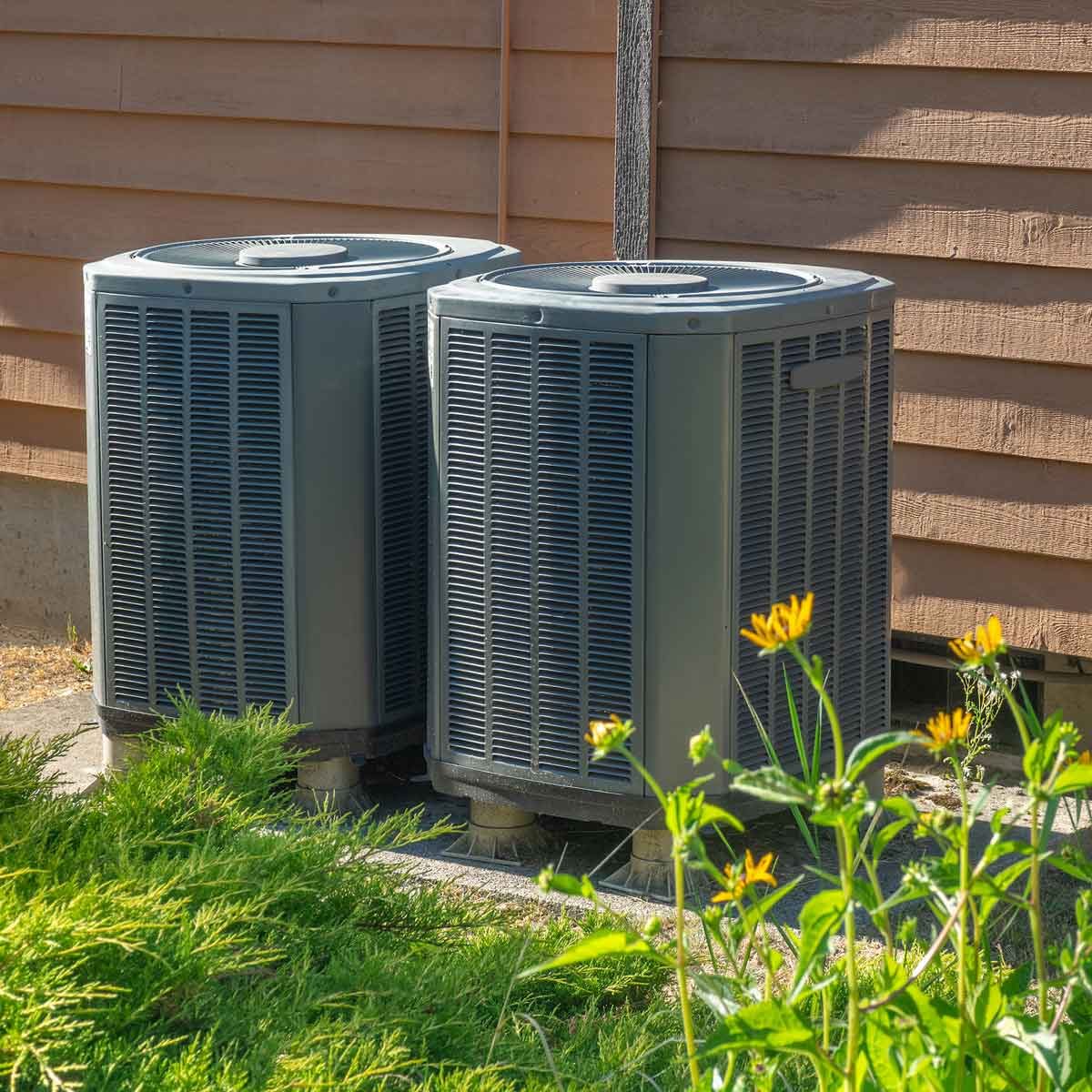
Traditional air conditioners have a significant environmental impact due to their high energy consumption, which leads to increased greenhouse gas emissions and contributes to global warming. These systems often use refrigerants with high Global Warming Potential (GWP), further exacerbating the problem.
Comparison of Environmental Impact
Energy-efficient air conditioners, on the other hand, are designed to consume less energy while maintaining optimal cooling performance. This reduced energy consumption translates to lower greenhouse gas emissions, making them a more environmentally friendly option compared to traditional models.
Contribution to Sustainability
- Energy-efficient air conditioners help reduce electricity demand, leading to lower carbon emissions from power plants.
- By choosing energy-efficient models, individuals and businesses can play a role in mitigating climate change and promoting sustainability.
- These systems also help in conserving natural resources by operating more efficiently and reducing overall energy consumption.
Cost-Effectiveness of Energy-Efficient Models
When considering air conditioners, the cost-effectiveness of energy-efficient models is a crucial factor to examine. Not only do these models help reduce energy consumption, but they also offer long-term financial benefits.
Initial Cost Comparison
Energy-efficient air conditioners may have a higher initial cost compared to traditional models. However, it's important to consider the long-term savings associated with lower energy bills. Despite the higher upfront investment, energy-efficient models often prove to be more cost-effective over time.
Long-Term Savings
Energy-efficient air conditioners are designed to operate more efficiently, resulting in lower energy consumption and reduced utility bills. Over the lifespan of the unit, the savings on energy costs can offset the initial higher purchase price. This means that in the long run, energy-efficient models can be more economical.
Financial Incentives and Rebates
To encourage the adoption of energy-efficient appliances, many governments and utility companies offer financial incentives or rebates for choosing energy-efficient air conditioners. These incentives can help offset the initial cost difference between traditional and energy-efficient models, making the latter a more attractive and cost-effective option.
Final Review

As we conclude our exploration of the best energy-efficient air conditioners for 2025, it's clear that the future of cooling is intertwined with efficiency and environmental consciousness. Embracing these innovative technologies not only ensures a cooler tomorrow but also a greener one.
Commonly Asked Questions
What are the key features to look for in energy-efficient air conditioners?
Key features include inverter technology, high energy efficiency ratio (EER), and smart thermostats for optimal energy management.
How do energy-efficient air conditioners contribute to sustainability efforts?
Energy-efficient models consume less power, reducing carbon emissions and promoting a greener environment.
Are there any financial incentives for choosing energy-efficient air conditioners?
Many utility companies offer rebates or discounts for purchasing energy-efficient appliances, making them a cost-effective choice in the long run.
